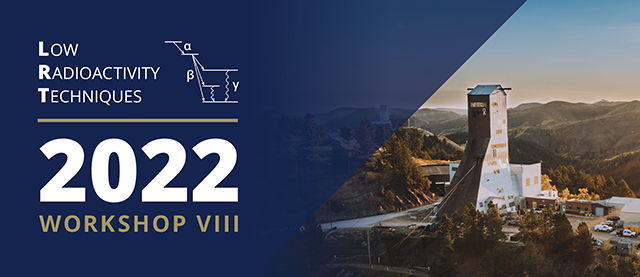Speaker
Description
nEXO is a proposed search for neutrinoless double beta decay of $^{136}$Xe. The experiment is planning to utilize isotopically enriched xenon both as source and detection medium. Radon daughters produced by radon decays in the air can plate out on material surfaces during detector assembly and handling. The alpha particles they emit can interact with low-Z materials nearby and produce fast neutrons. These neutrons can in turn produce $^{137}$Xe when captured by $^{136}$Xe, contained in the nEXO detector medium. The subsequent beta decay of $^{137}$Xe (Q = 4173 keV) can mimic $0\nu\beta\beta$ in nEXO. In this talk, I will describe simulation studies performed to estimate the background in nEXO produced by radon daughters. I will also discuss the allowed amounts of radon daughters on material surfaces in order to meet nEXO's stringent background requirements.

